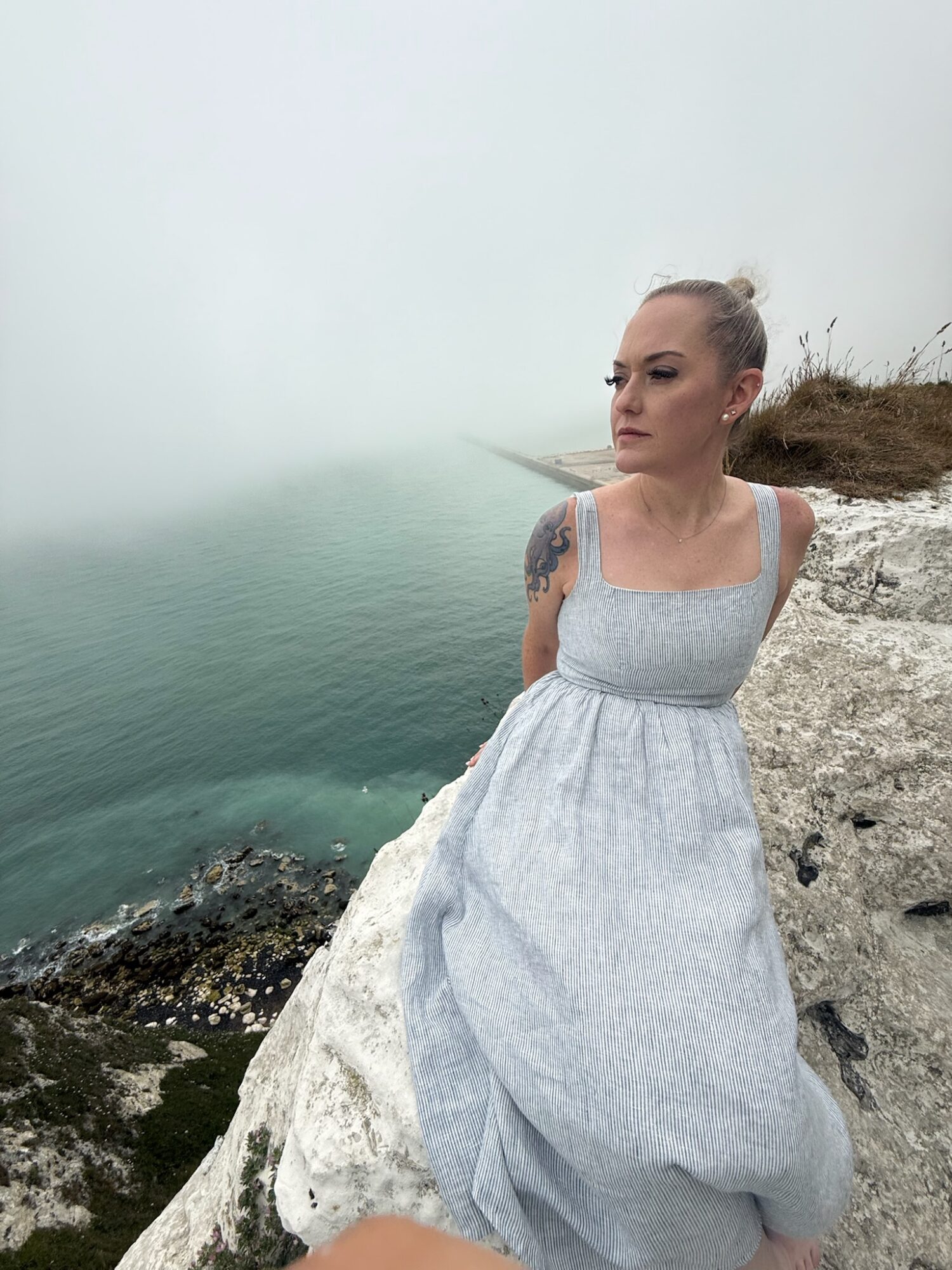

We recently had the chance to connect with Danielle Cowdrey and have shared our conversation below.
Good morning Danielle , we’re so happy to have you here with us and we’d love to explore your story and how you think about life and legacy and so much more. So let’s start with a question we often ask: Would YOU hire you? Why or why not?
Would I hire me? Absolutely—here’s why.
I bring a rare blend of strategic thinking, creativity, and resilience to the table. My background spans over a decade of professional experience, including high-impact leadership roles, a graduate degree from Oxford in Organizational Leadership, and most recently, launching my own art business from the ground up. That mix of corporate, academic, and entrepreneurial experience gives me both structure and flexibility—qualities I believe are essential in today’s fast-evolving world.
But beyond the résumé, I would hire me because I care deeply. About people, about outcomes, about doing things well and doing them with integrity. I’m someone who will take ownership of a problem, ask hard questions, and roll up my sleeves to find a solution. I’m also someone who knows when to listen, when to lead, and when to let others shine.
I’m not perfect—and that’s part of the reason I would hire me. I’ve learned how to grow from mistakes, adapt when plans shift, and keep moving forward even when the path isn’t clear. That level of self-awareness and grit can’t be taught—it’s earned. And I bring it with me wherever I go.
Can you briefly introduce yourself and share what makes you or your brand unique?
This past year has been one of the most unexpected and transformative chapters of my life. Although I’ve built a broad foundation of skills, education, and experience over the years, nothing compares to the growth I’ve experienced recently. After nearly 12 years with a company that felt like home, I found myself facing an unexpected transition. What initially felt like a loss soon revealed itself to be an opportunity—a turning point I now refer to as my ‘40-year-old glow up.’
In the time since, I’ve completed a graduate degree in Organizational Leadership from the University of Oxford, launched my own art business, and even started writing not just one, but two books. More than anything, I feel like I’m finally stepping into the most authentic and empowered version of myself.
For much of my life, I was the person cheering others on—encouraging friends, colleagues, and creatives to take their leap. But taking that risk for myself didn’t come easily. It’s taken time (and trust me, I wish I’d done it sooner) to embrace the idea that mistakes and failures are not signs of defeat—they’re signs of movement. Nothing gets accomplished without beginning. I wouldn’t be writing books if I hadn’t dared to open a blank page. I wouldn’t be a working artist if I hadn’t picked up a paintbrush for the first time less than two years ago.
The biggest lesson? Start. Even if it’s messy. Even if you’re scared. Growth doesn’t always look the way we expect—but it always shows up when we’re ready to meet it.
Appreciate your sharing that. Let’s talk about your life, growing up and some of topics and learnings around that. What part of you has served its purpose and must now be released?
“The part of me that has served its purpose is the undying loyalist.”
For most of my life, I’ve been unwaveringly loyal—to family, friends, colleagues, and companies, often at the expense of my own well-being. Loyalty, in and of itself, is not a flaw. It’s a beautiful trait when balanced with boundaries. But what I’ve come to understand is that loyalty without limits can become a form of self-abandonment.
A defining example was my former job of nearly 12 years. I started at the front desk as a temporary administrative assistant and, through sheer dedication and hard work, rose through the ranks—eventually becoming one of the first project engineers in the company without a traditional engineering degree, then a project lead, a manager, and later taking on two newly created roles tailored to my skill set. I gave everything to that company: time, energy, ideas, and care for both internal teams and clients. And for a long time, I took pride in that level of commitment.
But loyalty without recognition becomes a quiet erosion. It wasn’t until the last few years that I realized how deeply underappreciated I was—how my drive and work ethic were being relied on but not truly valued. That realization was painful, but it was also freeing.
That version of me—the one who stayed out of loyalty alone—has served her purpose. She built resilience, earned experience, and shaped the foundation of who I am today. But she’s no longer in charge.
Today, I’m loyal to myself first. To my values, my boundaries, and my worth. And from that place, I can still give generously—but without losing myself in the process.
What fear has held you back the most in your life?
“The fear that has held me back the most is the fear of not being enough.”
Imposter syndrome has been a quiet shadow throughout much of my life. No matter how much I achieved or how hard I worked, there was always a voice in the back of my mind questioning whether I truly deserved it. That voice wasn’t born from lack of ability—it was shaped by years of internalizing other people’s perceptions and expectations.
I allowed the influence of others—whether intentional or not—to make me doubt my worth, to make me believe that maybe I didn’t belong in certain rooms, or that I had to prove myself ten times over just to earn a seat at the table. It made me shrink in moments when I should have spoken up. It made me stay silent when I should have claimed credit, or stay put when I should have walked away.
That fear is still something I manage—but it no longer drives me. I’ve learned that fear of not being enough is often the very thing that keeps us from becoming more. And now, instead of letting that fear control my choices, I use it as a reminder to keep choosing myself anyway.
So a lot of these questions go deep, but if you are open to it, we’ve got a few more questions that we’d love to get your take on. Where are smart people getting it totally wrong today?
Overvaluing IQ and Undervaluing EQ
One of the biggest blind spots I see among highly intelligent people today is the continued overemphasis on technical knowledge or book smarts, while undervaluing emotional intelligence. We live in a world that increasingly rewards specialization, credentials, and analytical thinking—and while those are undoubtedly important, they’re not enough on their own.
Emotional intelligence—the ability to understand, navigate, and manage not only your own emotions but also those of others—is often treated as a “soft skill,” when in reality, it’s the core of effective leadership, collaboration, and resilience. I’ve seen brilliant people stall in their careers, damage relationships, or miss out on transformative opportunities, not because they lacked talent or intellect, but because they couldn’t connect, empathize, or adapt.
In both corporate and creative spaces, I’ve found that EQ is what separates good from great. It’s what allows someone to lead with empathy instead of ego, to give and receive feedback constructively, to manage stress and conflict without burning bridges, and to build cultures of trust where innovation can truly thrive.
I’ve learned this the hard way—watching people with extraordinary resumes struggle to build meaningful teams or navigate change, while those with strong emotional awareness quietly rise as the glue that holds everything together. The smartest people in the room aren’t always the loudest or the most credentialed. Often, they’re the ones listening, observing, and responding with clarity and care.
If we want to build better businesses, healthier communities, and more impactful lives, we need to stop treating emotional intelligence as optional—and start recognizing it as essential.
Okay, we’ve made it essentially to the end. One last question before you go. What is the story you hope people tell about you when you’re gone?
That I Did the Right Thing—Even When It Was the Hard Thing
When I think about the legacy I want to leave behind, it’s not tied to titles, awards, or a checklist of accomplishments. What matters most to me is the story people tell—the way they felt because I existed in their lives. And if there’s one thread I hope runs through those stories, it’s this:
“She always tried to do the right thing, even when it was the difficult thing.”
That’s the kind of integrity I’ve worked hard to live by—not perfection, not always having the answers, but the quiet courage to choose what’s right over what’s easy. Whether that meant standing up for someone when it wasn’t popular, walking away from something secure when it no longer aligned with my values, or taking a risk on something new when everyone else thought I should play it safe.
Doing the right thing doesn’t always come with recognition. In fact, it often doesn’t. But it builds something deeper—trust, respect, and a sense of self you can live with. That’s what I want to be remembered for. Not just the things I created or the work I did, but the way I showed up for others. The way I stayed grounded in my principles, even when the ground was shifting beneath me.
If people say, “She was kind. She was brave. She didn’t always take the easy road, but she walked it with intention”—then that’s enough for me. That’s the story I want to leave behind.
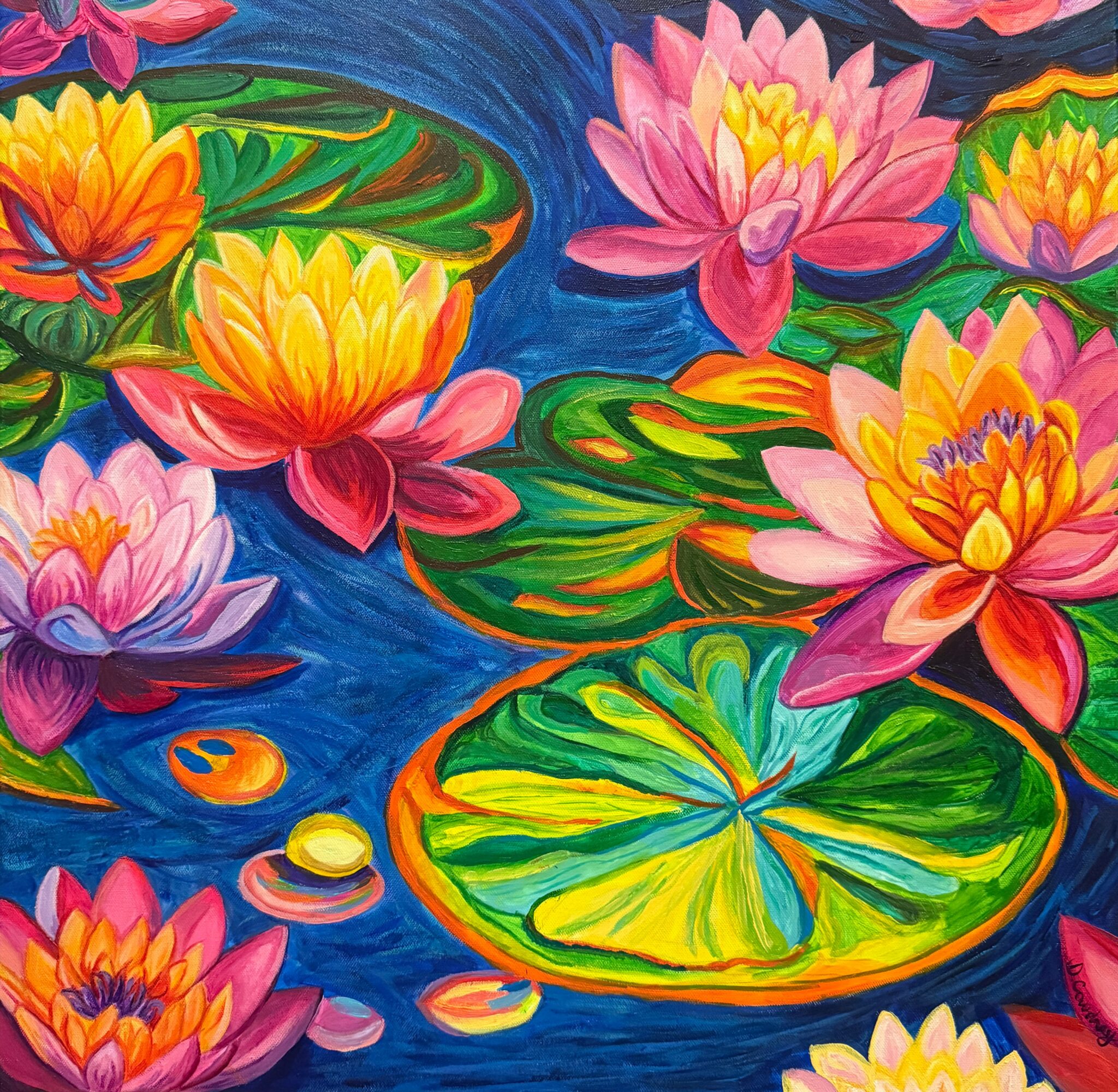
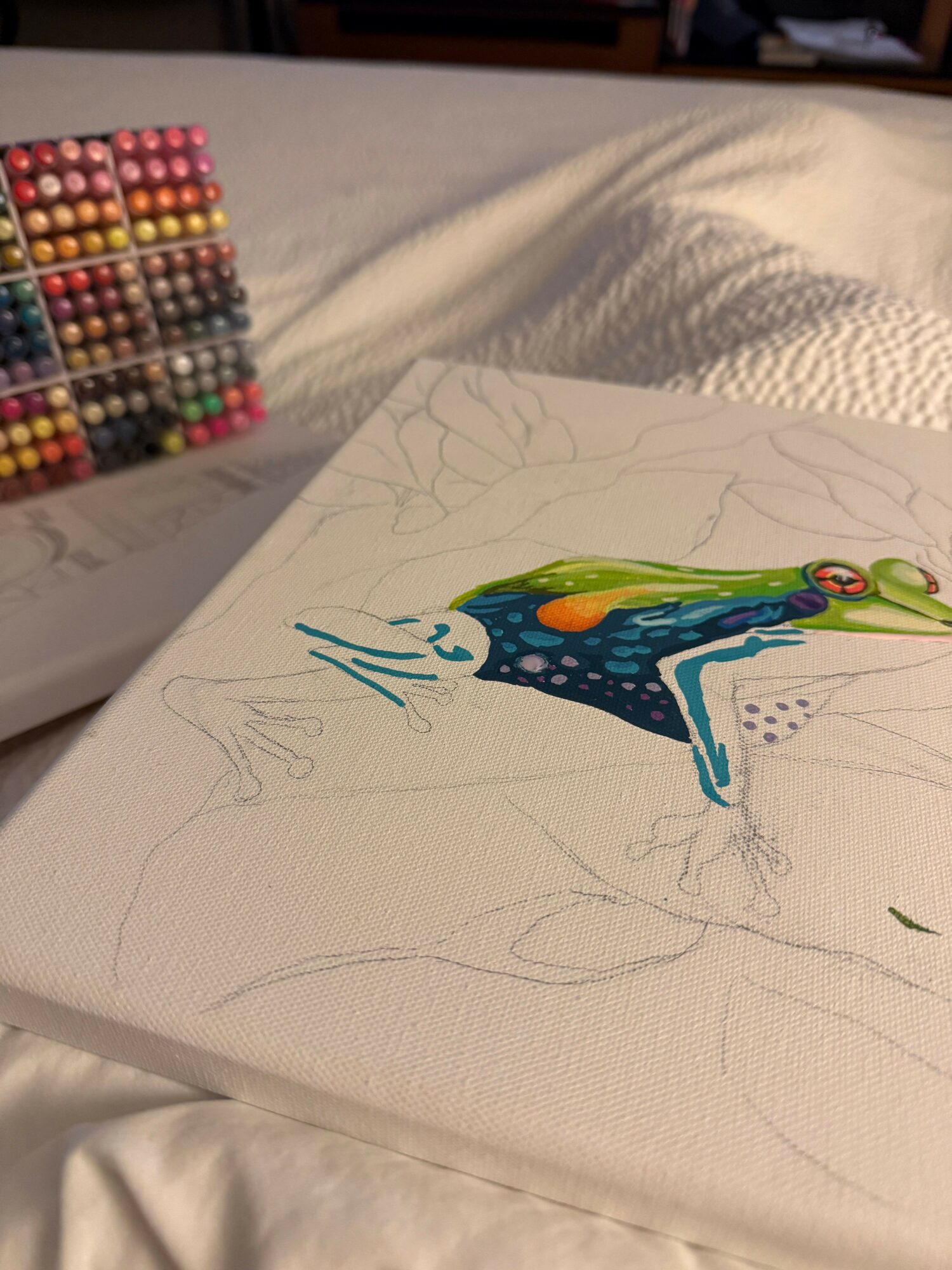
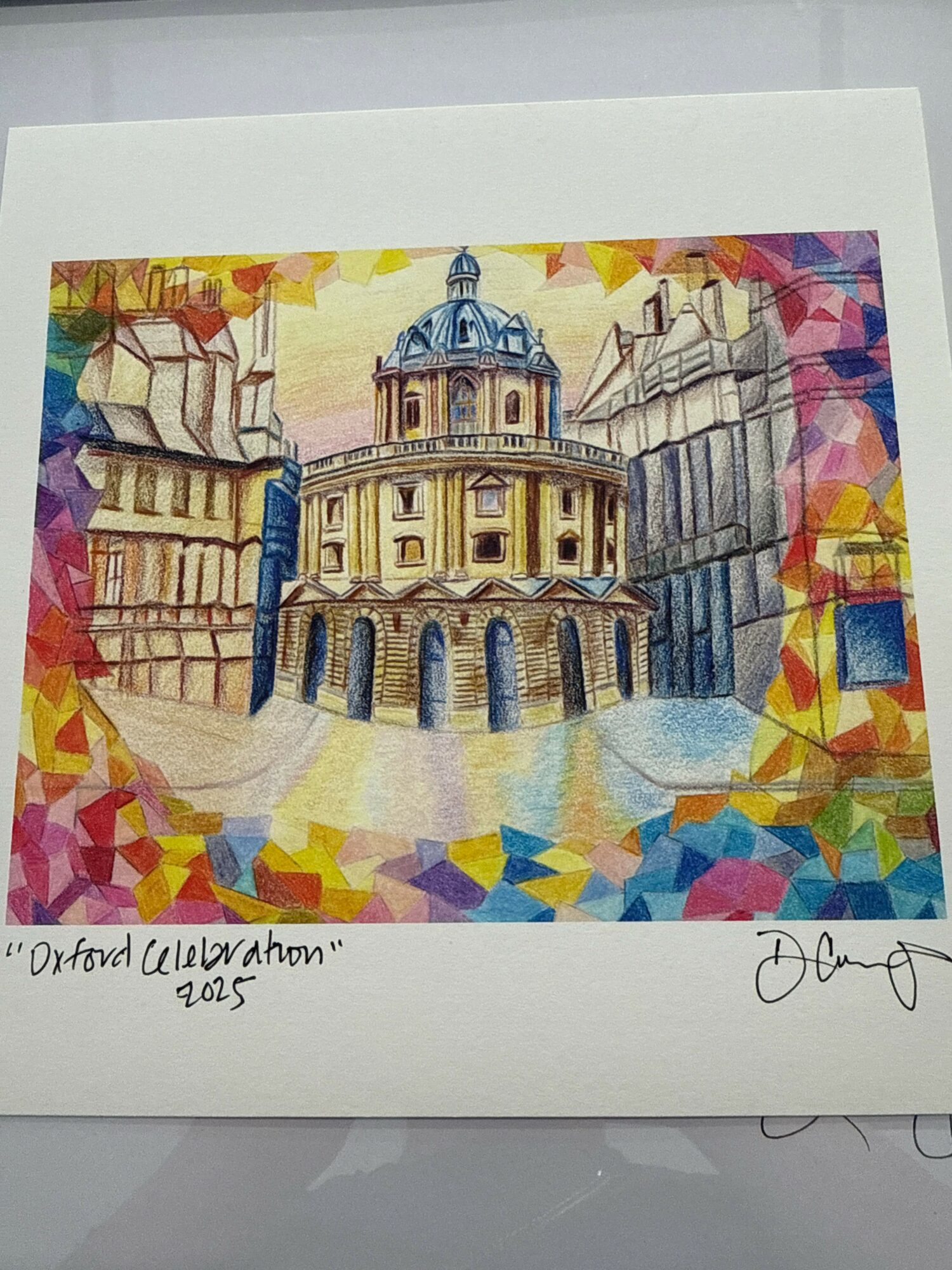
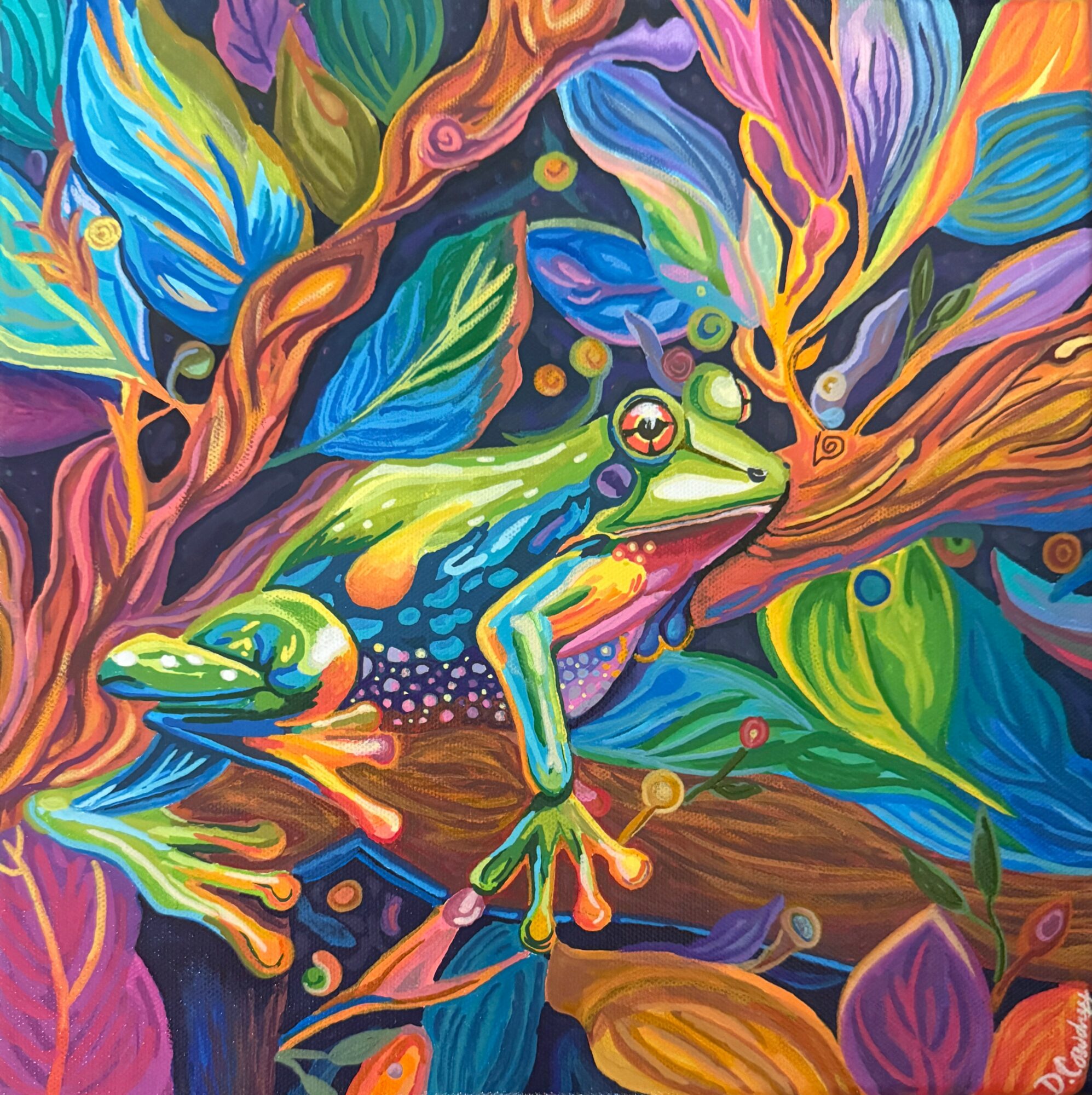
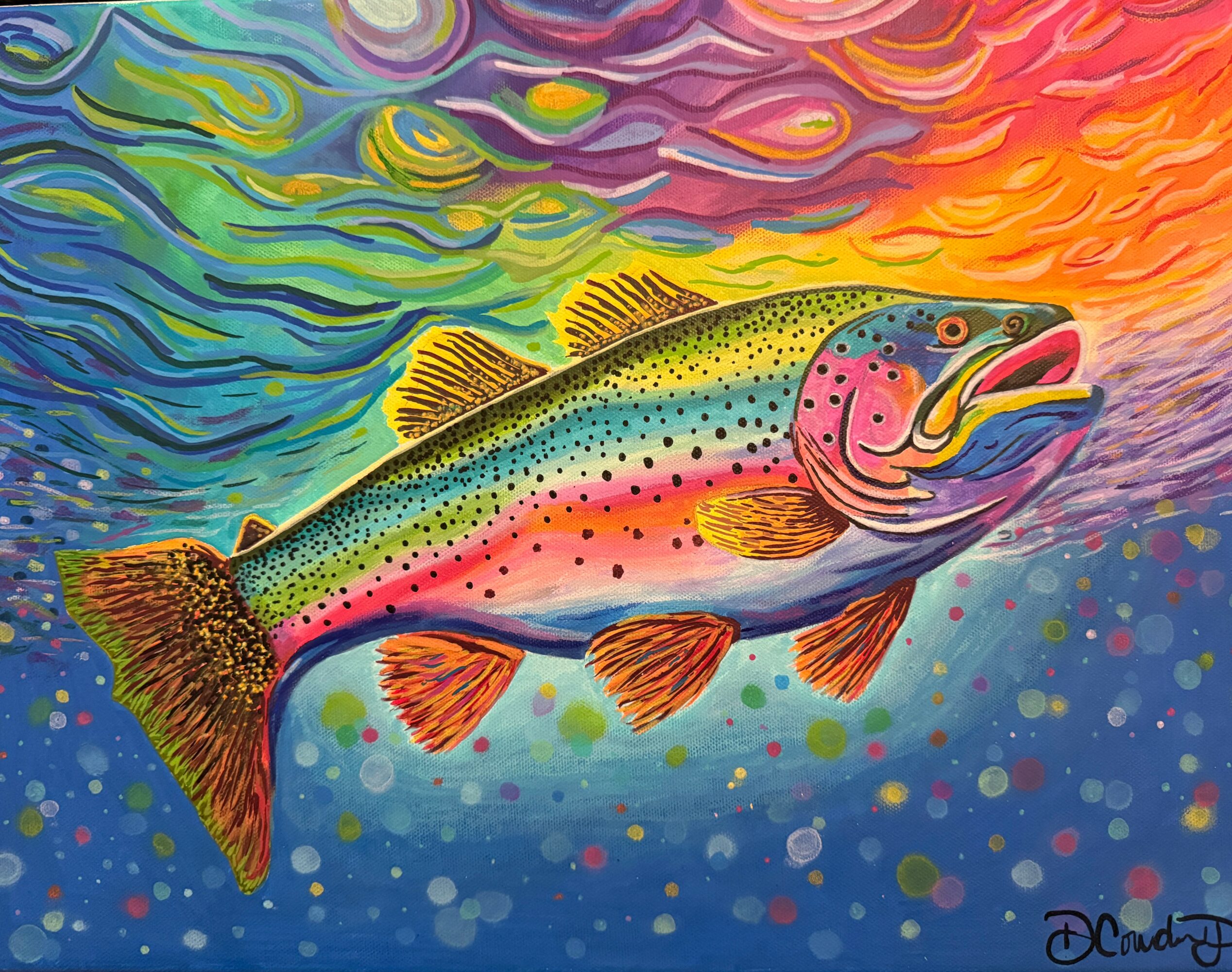

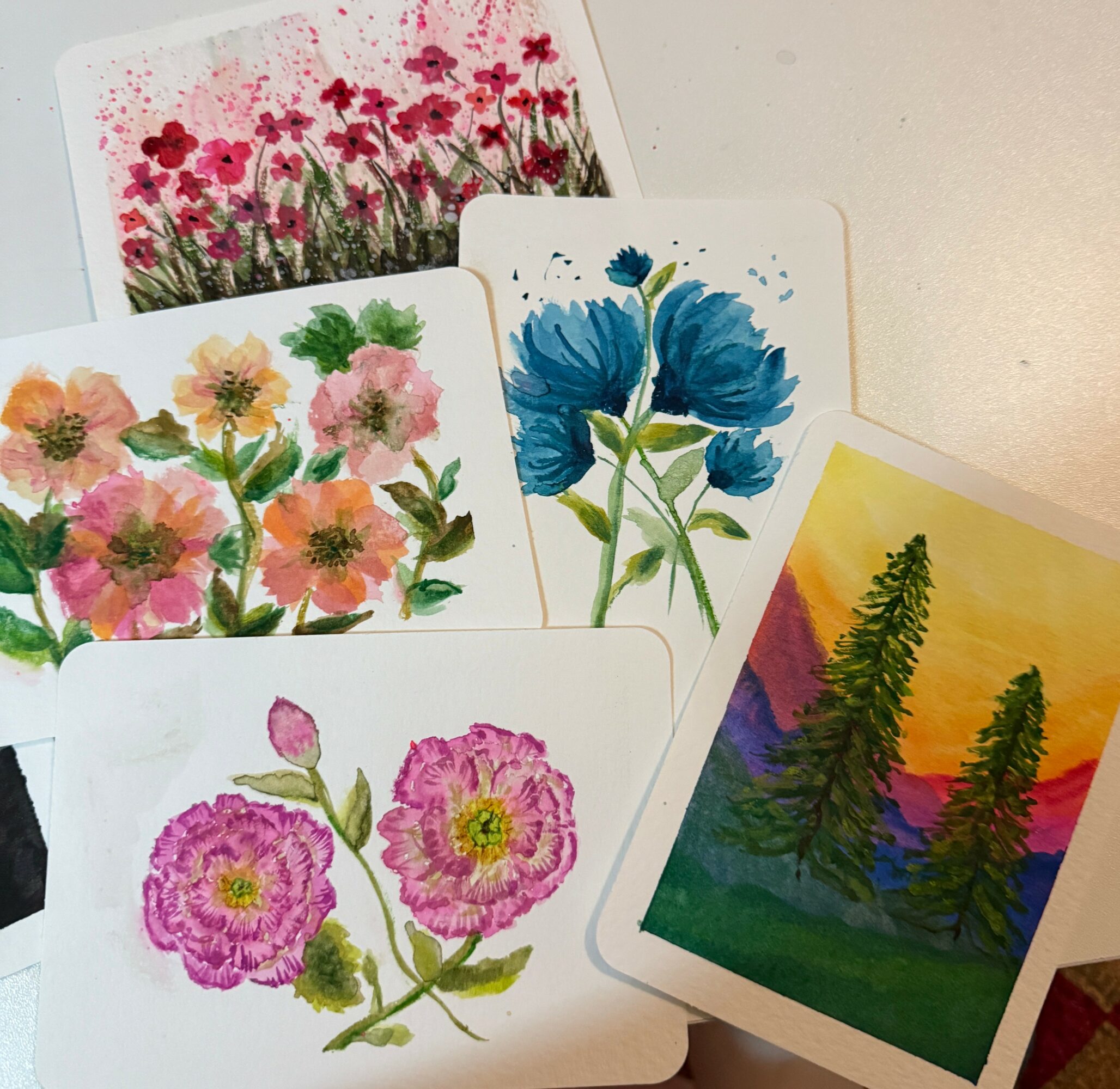
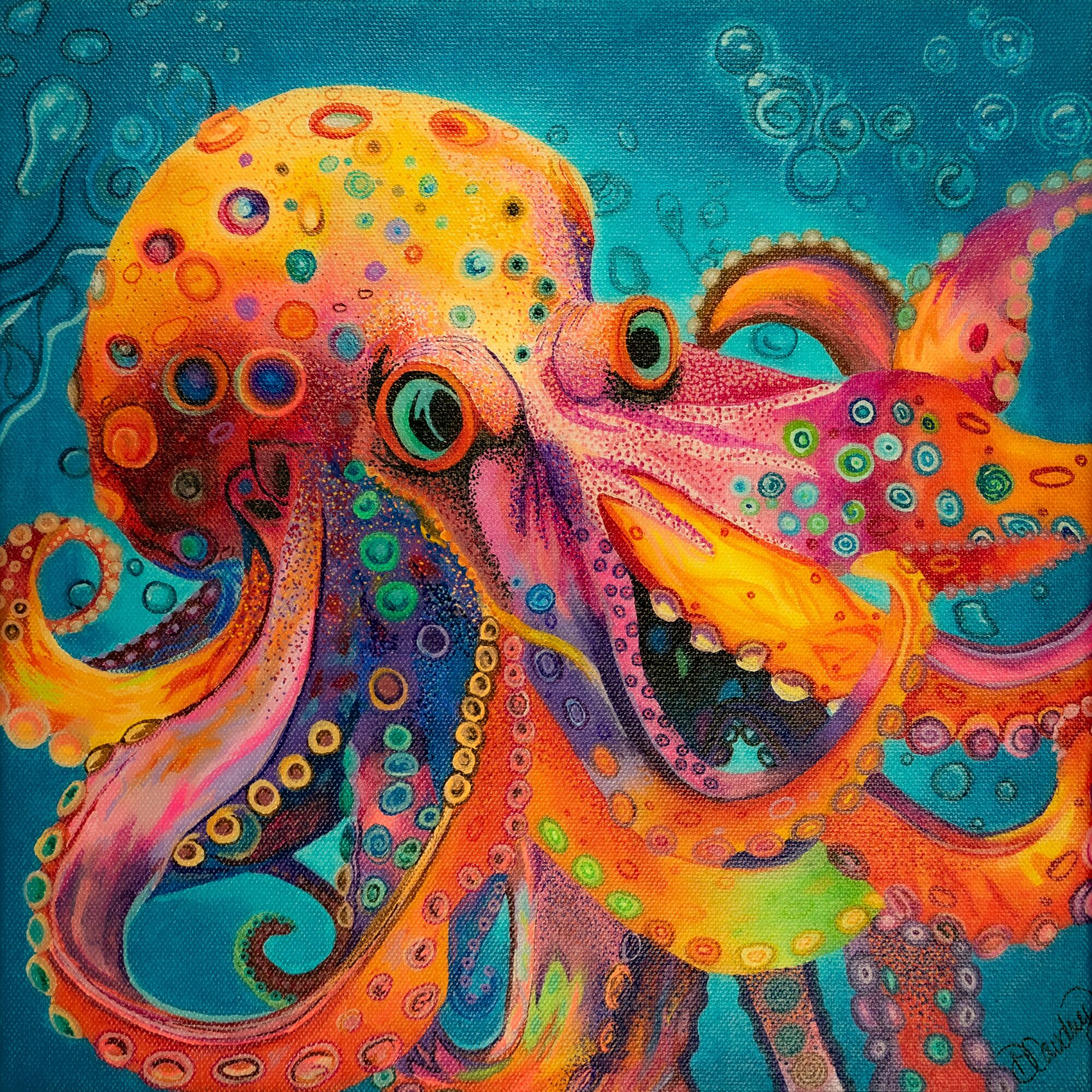
Image Credits
Dustin Amodeo
Analese Tennyson










